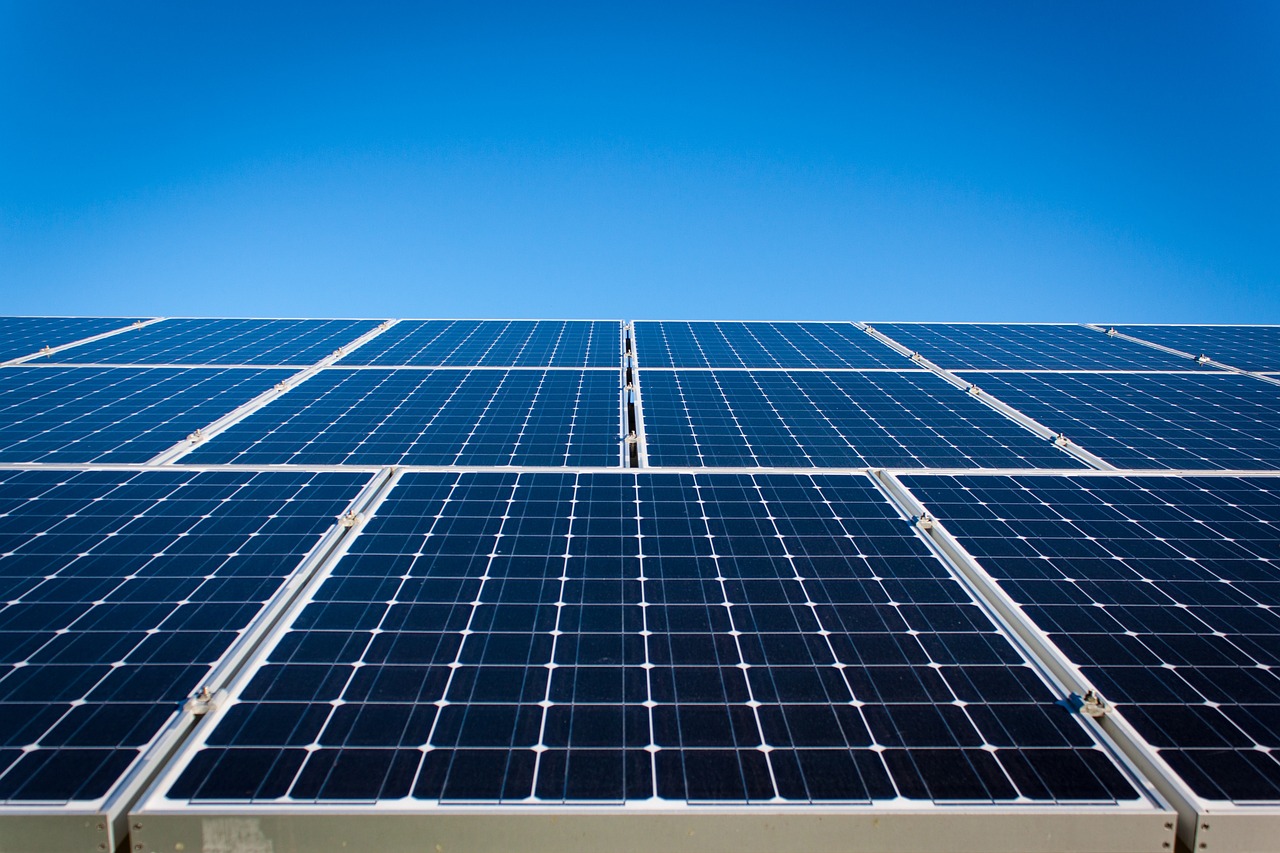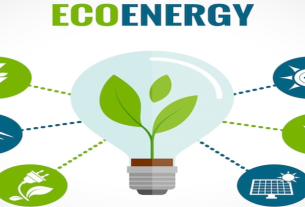Introduction
In a significant step toward sustainable energy development, TotalEnergies and QatarEnergy have signed an agreement to create a 50-50 joint venture aimed at building a 1.25 gigawatt peak (GWp) solar photovoltaic (PV) farm in the Basra region of southern Iraq. This project marks an important milestone for both companies as they seek to bolster renewable energy production in the Middle East, a region traditionally known for its oil and gas reserves.
The solar power plant, expected to generate enough electricity to meet the energy needs of thousands of households, represents a strategic move toward diversifying Iraq’s energy mix while contributing to global efforts to reduce carbon emissions.
1. Details of the Joint Venture and Solar Project
The joint venture, which will be equally owned by TotalEnergies and QatarEnergy, is designed to develop, finance, construct, and operate the solar farm. The 1.25GWp capacity of the photovoltaic farm is expected to make a significant contribution to Iraq’s renewable energy goals. Located in Basra, a region known for its vast open lands and high levels of sunlight, the project is positioned to take advantage of Iraq’s natural solar resources.
According to the agreement, the solar farm will use cutting-edge photovoltaic technology to harness solar energy efficiently. Once completed, it will provide a clean source of electricity to support Iraq’s power grid, which has been facing challenges in meeting the country’s growing energy demand.
The project is expected to play a pivotal role in reducing Iraq’s reliance on fossil fuels, which have long been the dominant source of energy in the country. It will also contribute to Iraq’s efforts to meet its climate goals and align with broader global ambitions to transition to renewable energy.
2. Significance of the Partnership
This collaboration between TotalEnergies, a French multinational integrated energy company, and QatarEnergy, the state-owned oil and gas company of Qatar, reflects both companies’ growing focus on sustainable and renewable energy projects. For TotalEnergies, the partnership is part of its ongoing transition toward cleaner energy sources as it works to reduce its carbon footprint and embrace the global energy transition.
In a statement, Patrick Pouyanné, CEO of TotalEnergies, emphasized the company’s commitment to renewable energy: “This partnership is a demonstration of TotalEnergies’ ongoing efforts to contribute to the global energy transition. Iraq’s abundant solar resources make it an ideal location for a major solar project that will provide long-term, sustainable energy to the region.”
Similarly, QatarEnergy, known for its significant investments in global energy projects, is expanding its portfolio to include renewable energy as part of Qatar’s broader energy strategy. Saad Sherida Al-Kaabi, the Minister of State for Energy Affairs and CEO of QatarEnergy, underscored the importance of this project: “Our investment in renewable energy is a reflection of QatarEnergy’s long-term strategy to diversify its energy portfolio and support sustainable energy solutions. This partnership with TotalEnergies will help drive forward Iraq’s energy transition.”
3. Economic and Environmental Benefits for Iraq
This solar power project is poised to bring multiple benefits to Iraq, both economically and environmentally.
Economic Impact:
- Job Creation: The construction and operation of the solar farm are expected to create thousands of local jobs, from engineering and construction to operations and maintenance.
- Energy Security: The project will add significant renewable capacity to Iraq’s national grid, helping to stabilize the country’s energy supply and reduce the country’s dependence on imported electricity.
- Investment and Infrastructure: As one of the first large-scale solar projects in Iraq, the project will attract international investment and contribute to the country’s growing renewable energy infrastructure.
Environmental Impact:
- Reduced Carbon Emissions: The solar farm will significantly reduce Iraq’s reliance on fossil fuels for electricity generation, contributing to a decrease in greenhouse gas emissions.
- Sustainable Development: By harnessing solar energy, the project will contribute to Iraq’s long-term sustainability goals and align with global climate action targets, including the Paris Agreement.
The impact of this project extends beyond Iraq, as it demonstrates how oil-rich nations in the Middle East are increasingly investing in renewable energy as part of their diversification efforts. This shift is not only essential for energy security but also plays a key role in the global push toward decarbonization.
4. Timeline and Future Prospects
The construction of the 1.25GWp solar farm is expected to begin in the coming months, with an estimated completion timeline of 2-3 years. Once operational, the solar farm will be one of the largest in the region and one of the biggest in Iraq. The output from the farm will help meet Iraq’s domestic energy needs while allowing the country to take steps toward a more sustainable future.
Iraq has considerable solar potential, and this joint venture with TotalEnergies and QatarEnergy is expected to pave the way for further renewable energy projects in the country. There are expectations that the government of Iraq may seek to expand its solar and renewable energy capacity, building on the momentum created by this high-profile project.
In the long term, the success of this solar farm could encourage more foreign investment into Iraq’s renewable energy sector, helping to unlock additional projects and initiatives aimed at fostering a greener, more diversified energy economy.
5. Broader Regional Implications
This agreement between TotalEnergies and QatarEnergy also reflects a broader trend in the Middle East, where countries that have long been dependent on oil and gas exports are shifting toward renewable energy sources. Solar and wind energy projects are becoming increasingly important for nations such as Saudi Arabia, the United Arab Emirates (UAE), and now Iraq, as they seek to balance economic growth with environmental responsibility.
The project highlights how large energy firms, in partnership with national governments, can leverage solar power to diversify energy portfolios and reduce reliance on fossil fuels. It also shows the growing influence of private-sector players like TotalEnergies and QatarEnergy in shaping the future of energy in the region.
Conclusion
The agreement between TotalEnergies and QatarEnergy to build a 1.25GWp solar power plant in Iraq is a major step forward in the country’s energy transition. This joint venture will not only help Iraq diversify its energy mix but also create new economic opportunities and contribute to a greener future. It is a sign of how the Middle East, traditionally dominated by fossil fuels, is increasingly embracing renewable energy as part of its broader energy strategy.
As the global energy landscape continues to shift, projects like this one will be crucial in ensuring that the world moves toward a more sustainable and decarbonized future.
Sources:


